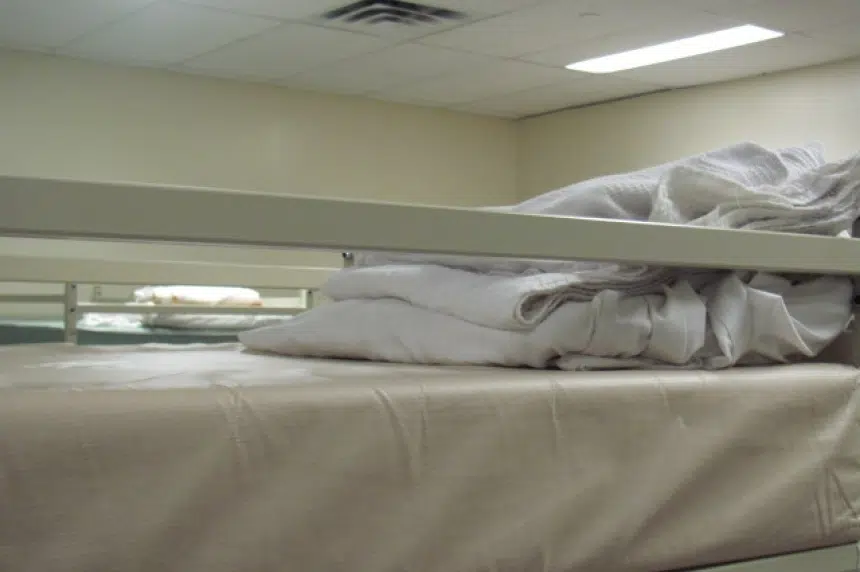The federal government launched Canada’s first poverty reduction strategy Tuesday, but local advocates say planning won’t help the problem until it leads to action.
Titled Opportunity for All, the national strategy aims to reduce poverty in Canada by 20 per cent by the year 2020, and by 50 per cent by 2030. The plan also aims to cut chronic homelessness by half, and end all long-term drinking water advisories on public systems on First Nations by 2021.
To achieve its ambitious goals, the strategy includes a national advisory council on poverty to publicly report on progress. It also proposed legislation to establish a national poverty line and cement the strategic poverty reduction targets into law.
Saskatoon advocates are not convinced the plan will be effective, however. Sue Delanoy works with marginalized women as the executive director of the Elizabeth Fry Society of Saskatchewan and said Tuesday’s announcement sounds like too much talk and not enough action.
“We’ve heard lots of different talk over the years,” she said. “Until we see actual action we will not reduce poverty rates in this community or reduce crime rates.”
Delanoy said crime is driven by social factors including poverty, and neither issue will vanish until all Canadians have access to services like affordable housing, childcare and access to training and education.
She said while she’s optimistic governments will take action on the issue, she’d rather see concrete steps in place than a new strategy document.
“I’m encouraged by any talk about poverty reduction,” she said. “But what good is a poverty reduction strategy if we’re not going to adhere to it year after year?”
Don Meikle, executive director with Egadz Youth Centre in Saskatoon, echoed Delanoy’s comments, saying he’d rather see funding in place instead of goal-setting.
“I see a lot of talk, but not a lot of concrete action,” Meikle told 650 CKOM.
While Delanoy and Meikle were both critical of the newly-launched strategy, Saskatoon YWCA CEO Shannon Freisen was much more optimistic about the federal plan.
“I definitely think it’s a step in the right direction,” she said.
Freisen said she liked seeing the strategy encourage a multi-level approach involving all levels of government as well as community partners.
She noted while progress in the fight against poverty has been slow, she’s seen improvement in Saskatoon and stays optimistic about the future.
“Change takes a long time,” she said. “It’s frustrating sometimes.”







